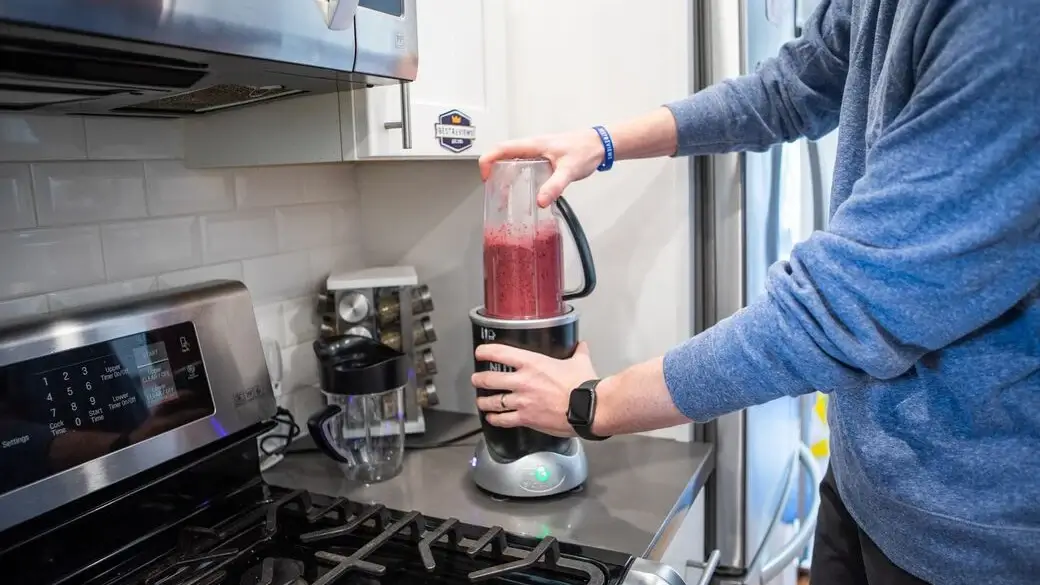Life can be mean at times, and when you find yourself at odds with it, it is often easy to find comfort in food.
That gorgeous pecan pie in the fridge looks quite inviting and when you take a forkful of it and stuff it in your mouth, warmth washes over you like a hug. After a forkful, you treat yourself to another one because, why not? But before you know it, you have finished off the whole thing.
Indeed, food has that magical ability to make people feel better. Scientific studies even support this . Dopamine is related to feelings of extreme pleasure, and therefore, possesses the ability to boost one’s mood.
The problem here is, if you eat when you’re feeling bad or when you are stressed, there’s always the tendency to eat more than is necessary in order to prolong the “feel good” moment. But after realizing that you ate too much of a good thing, guilt rises to the occasion and everybody knows the downward spiral it can lead to.
Eating is Tricky When You’re Emotional
More often than not, it is hard to make good decisions when you are feeling emotional. Eating, for example, ceases to be seen as an activity for nourishment, and instead is treated as some form of escape. When treated as such due to the influence of emotions, there are typically two ways people approach the activity: one is they overindulge, and the other is they refuse to eat.
Both inclinations are unhealthy and can have serious consequences. That being said, it is imperative to be informed on how to eat when you are emotionally stressed. This way, you do not sabotage your health as well as your hips.
A Guide to Eating Right When Your Emotions Run High
1. Do not shun food
It is important to still eat even when you are sad, lonely or angry. You may not have the appetite to finish a meal but eat what you can especially if you want the negative feelings to go away.
For example, if you are angry, eat a baked potato and you will feel better after. This is because potatoes are loaded with vitamin B and carbohydrates, which can lower blood pressure and control stress.
2. Do not treat food as the enemy
It is acceptable to grab something delicious when you are feeling down. Give in if you want to eat something because you are sad. Food is not the enemy.
The key here is to make sure that you only treat yourself to a single serving. Once you have finished your portion, walk away to avoid going overboard with the treat.
3. Pair your treat with a sparkling beverage
If you want to eat something for a boost of dopamine in your system, drink sparkling water or a fruit beverage first because it can suppress your appetite. You will be less inclined to overindulge if you already feel full.
4. Divert your attention to something else before grabbing a bite
This is a conscious effort to make if you feel like reaching for food when you are feeling emotional. One way of shifting your attention to something else is by asking yourself, “How will I feel later after eating a pint of ice cream right now?”
If you are well aware that the answer is you will feel guilty after, move away from the fridge and find something else to do. Waiting a bit can make a whole world of difference in your desire for food because you are sad about something or stressed out.
Go out for a walk around the block. Or, watch something funny on your computer (it’s easier to find hilarious videos on YouTube than by turning on the TV). If, after ten minutes, the desire is gone, good for you.
But if you are still thinking about that Ben & Jerry’s ice cream in your freezer, indulge – but just a little, and do not linger in front of the fridge. After that giant spoonful, take yourself as far away from the fridge as possible.
5. Know your trigger foods
These are foods that you simply cannot just have a taste of without finishing off the whole thing, particularly when you have got the blues. It is best to not have them at home.
Essentially, these foods are not banned and they are also not bad. The idea here is it is just so much better if they are not readily accessible to you. It may be easier to get over the hankering for them when you know you have to set out just to get them.
6. If you can will yourself to avoid sugar, do so
The problem with sugar is it makes you want to eat more of it. The sight of a sugary treat is even enough to send signals to the reward circuit of the brain, and the impact intensifies the moment the treat touches the tongue. It sends signals to the brain, which then responds by releasing more dopamine.
A study has revealed that the immense pleasure created by high levels of dopamine in the body due to sugary food desensitizes the brain over time. The result of this is the inclination to eat more sugar until ultimate pleasure is achieved.
So, when you have this devilish desire to eat something sweet when you are sad, go for a bit of something savory instead to prevent the potential for overeating.
Emotional eating is a serious health concern. The guide provided here may help you overcome it. But, if the battle is too much for you to bear alone, seek professional help. Go online and find organizations dedicated to assisting people with eating disorders.
AUTHOR BIO
Jad Asaad is the Marketing Manager at Horeca Trade LLC with more than eight years of experience in digital, online and offline marketing. He started his career in Beirut working in a creative agency and then moved to Dubai to further expand his career. He created and implemented award-winning high-impact digital and offline marketing campaigns that consistently generated revenue streams and improved performance in targeted segments.













Comments